Making the Decision: Egg Donation in Spain
Deciding to donate your eggs in Spain is a generous act that helps others build families. Known for its advanced medical care and clear laws, Spain is a top choice for egg donation. However, it's a significant journey that requires careful consideration. Understanding the medical screenings, legal anonymity, compensation, and emotional aspects is essential before you begin. This guide covers the crucial things you should know about egg donation in Spain, helping you make a well-informed decision.
What is the egg donation process in Spain like?
The journey for an egg donor in Spain starts with an application and a thorough screening, including medical, genetic, and psychological evaluations. Once approved, you'll begin ovarian stimulation, which involves self-injecting hormones for 10-12 days to help multiple eggs mature. During this time, you'll have regular monitoring appointments. The process concludes with the egg retrieval, a quick, minimally invasive procedure lasting 20-30 minutes, performed under sedation. You can typically go home the same day to recover.
What are the legal requirements to be an egg donor in Spain?
Spanish law requires that women who donate their eggs meet strict criteria. Besides the age requirement, you must pass a comprehensive health evaluation. This includes:
- A physical and gynecological examination
- Screening for infectious and genetic diseases
- A psychological assessment
Clinics will also review your family medical history. A healthy lifestyle, a normal Body Mass Index (BMI), and being a non-smoker are also standard requirements.
Is egg donation in Spain anonymous?
Anonymity is a fundamental principle of egg donation in Spain, legally protecting the privacy of both donors and recipients. As a donor, you hold no legal rights or responsibilities for any children born from your donation, and your identity will not be revealed. The clinic will share non-identifying information with recipients, like physical traits and blood type, to help find a suitable match. This legal framework offers security and peace of mind for everyone involved.
How much are egg donors compensated in Spain?
While egg donation is an altruistic act, Spanish law provides for financial compensation to cover your time, travel expenses, and any discomfort. The amount is regulated by the Ministry of Health and is not a "payment" for your eggs. This ensures that the primary motivation for donating remains altruistic while acknowledging the significant commitment required from the donor.
What are the medical risks and side effects of donating eggs?
The stimulation medications can cause temporary, PMS-like side effects such as bloating, breast tenderness, and mood swings. These symptoms typically resolve after the retrieval. A rare but more serious risk is Ovarian Hyperstimulation Syndrome (OHSS), a condition where the ovaries swell. Clinics monitor donors very closely to minimize this risk. The retrieval procedure itself is very safe, with a low risk of complications like bleeding or infection.
How long does the entire egg donation process take?
The timeline begins with the screening and approval process, which can take several weeks. This involves medical exams, psychological evaluations, and waiting for test results. Once you are approved and matched, the donation cycle begins. The ovarian stimulation phase lasts for about 10-14 days, followed by the one-day retrieval procedure. Most donors feel back to normal within a day or two.
How is the egg retrieval procedure performed?
During the egg retrieval, you'll be under light sedation so you won't feel any pain. The doctor uses a transvaginal ultrasound to see the ovaries and guides a very fine needle into each follicle to gently collect the fluid containing the egg. The entire procedure usually lasts only 20-30 minutes, after which you'll rest in a recovery area before going home.
What is the recovery like after egg retrieval?
After the retrieval, it's normal to experience mild cramping or bloating. The clinic will advise you to rest for the remainder of the day. Most women can return to their normal activities the following day but should avoid strenuous exercise for about a week. Your next period usually arrives within one to two weeks.
Will donating my eggs affect my future fertility?
The process of egg donation does not deplete your overall egg reserve. Each month, your body prepares a group of eggs, but only one is ovulated while the rest are discarded. The donation process simply allows this group of eggs to mature for retrieval. Studies have shown no long-term impact on a donor's ability to conceive in the future.
How many times can I donate my eggs in Spain?
To prevent the possibility of future consanguinity (relations between blood relatives), Spanish law limits the number of children born from a single donor to six. While there isn't a legal limit on donation cycles, clinics will typically limit the number of times a woman can donate eggs to around 5-6 times to protect the donor's long-term health.
What are the emotional and psychological aspects of egg donation?
The decision to donate can bring a mix of emotions. Many donors feel immense satisfaction, but it's also normal to reflect on the anonymous nature of the process. The mandatory psychological screening is a supportive step to help you explore your motivations and feelings, ensuring you are comfortable and confident in your choice.
Can I find out if my donation resulted in a pregnancy?
The legal framework of anonymity means you will not be informed about the outcome of your donation. This is designed to provide emotional closure and privacy for both you and the recipient family. The focus is on the altruistic gift you have provided, not the specific result.
Ready to explore your options for medical treatments abroad? PlacidWay can help you find trusted clinics and expert care for a wide range of healthcare needs. Discover your path to wellness today.



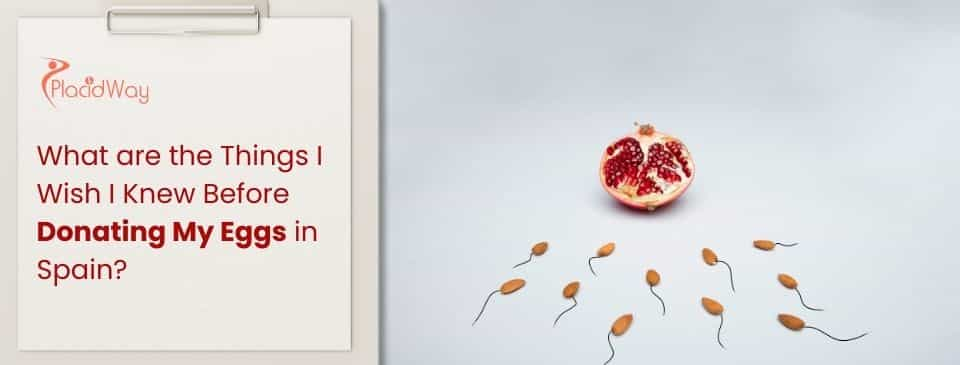

.png)
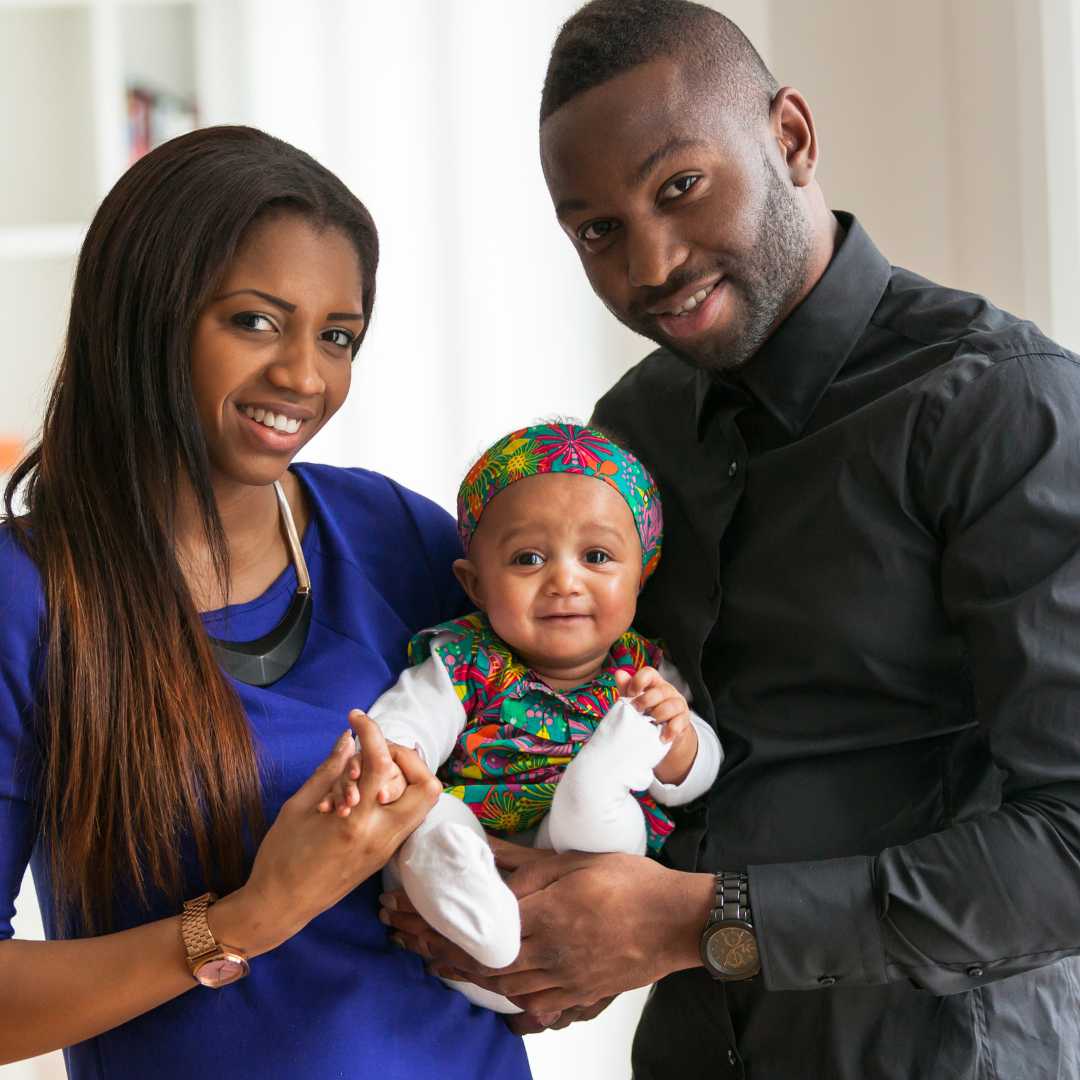
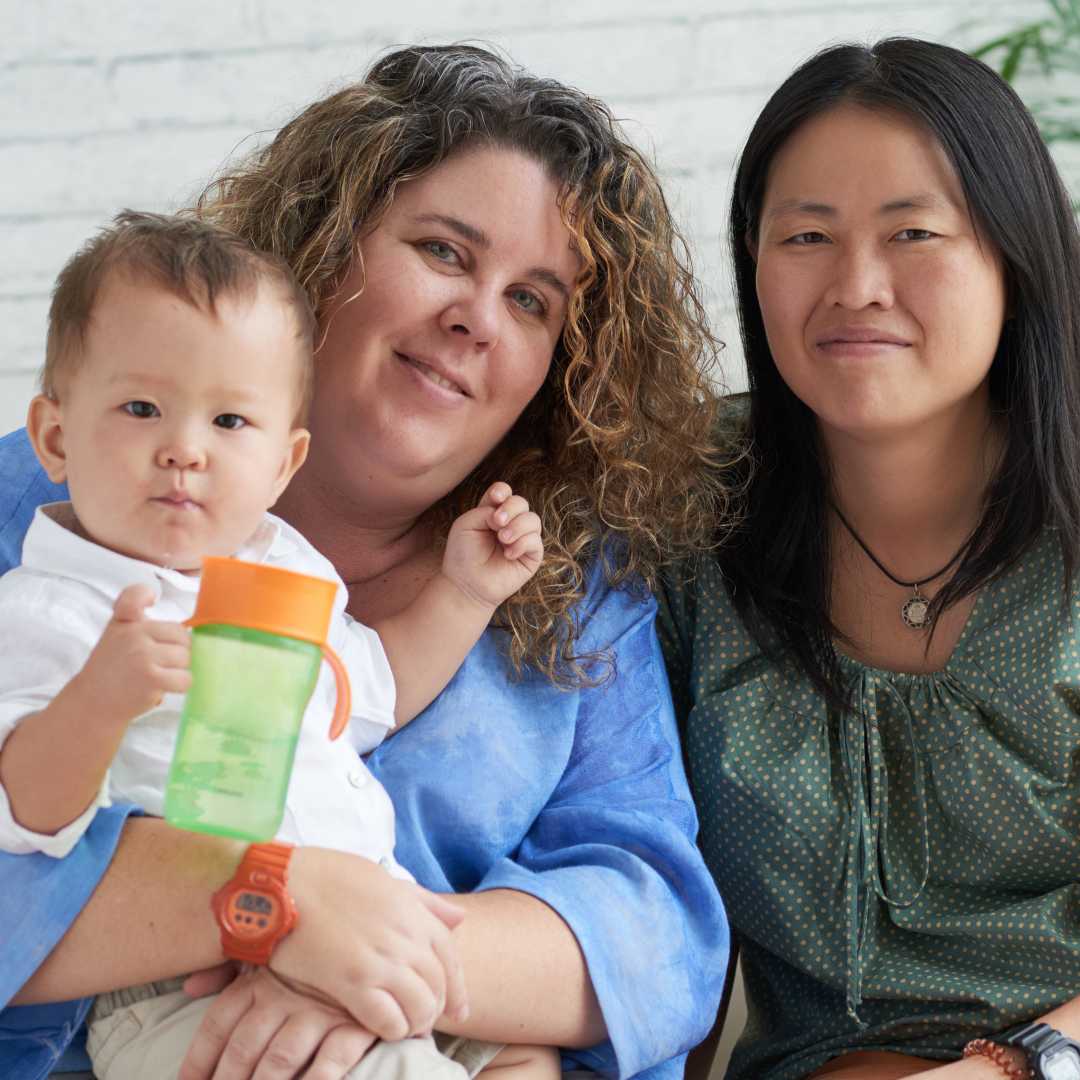
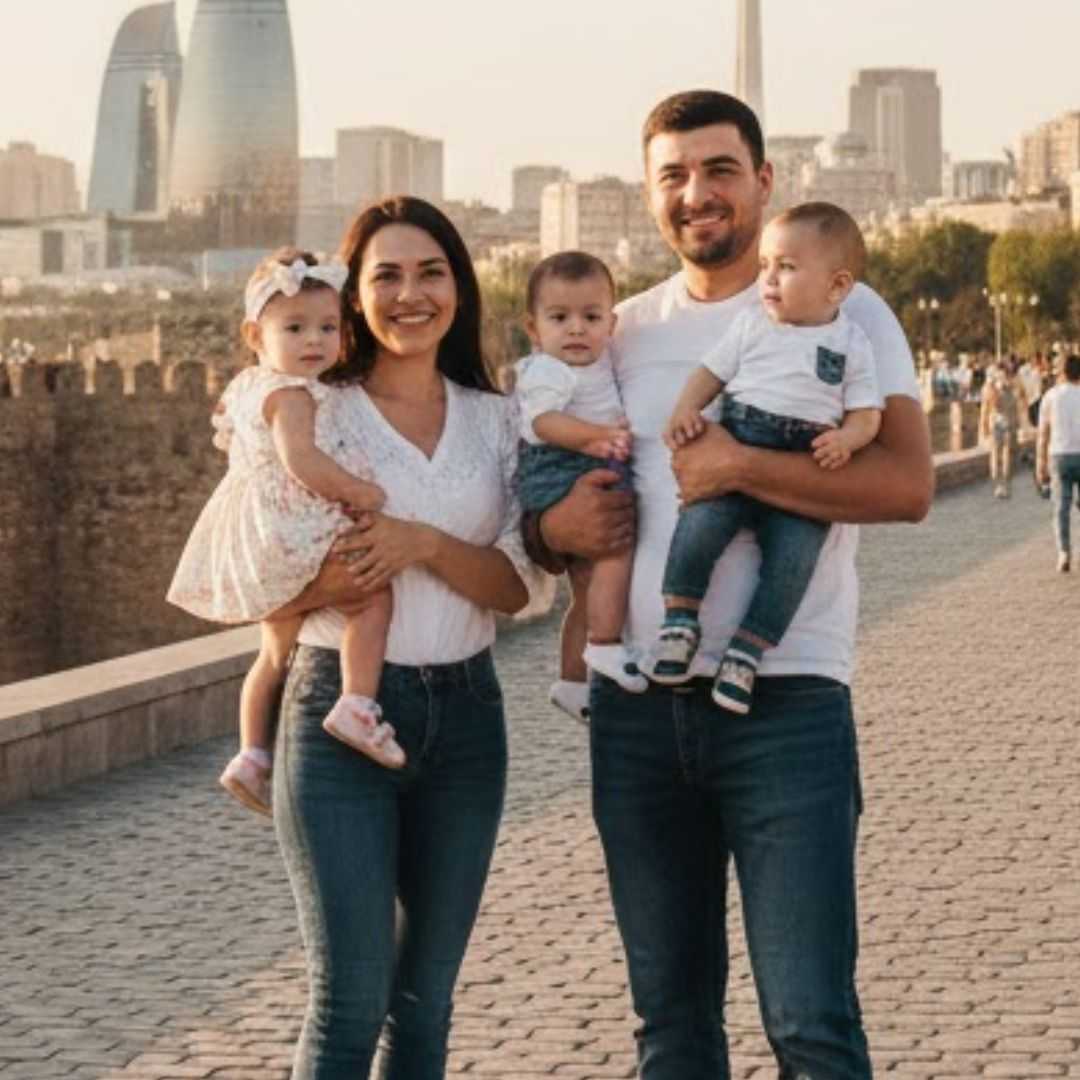
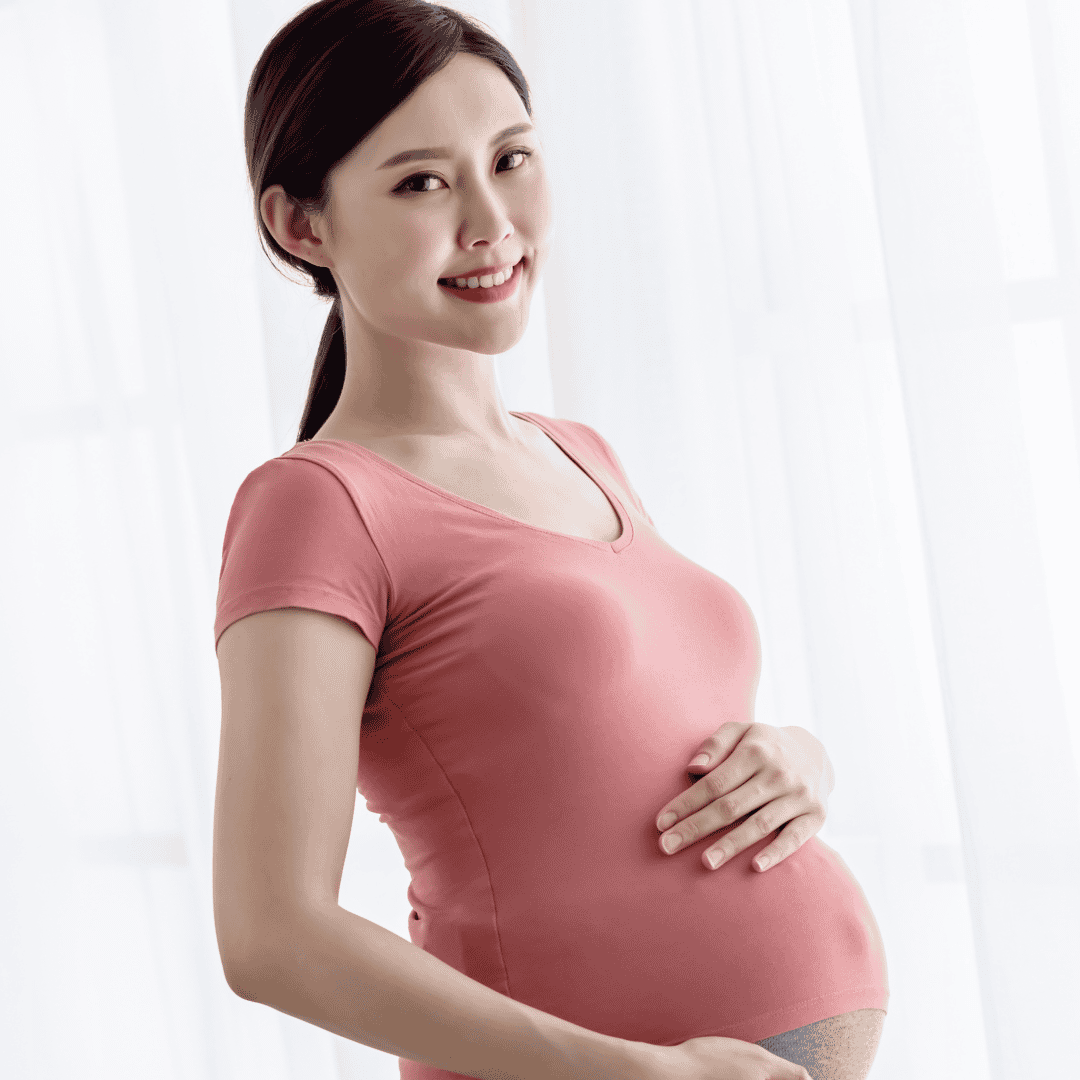
.png)
.png)
.png)
.png)
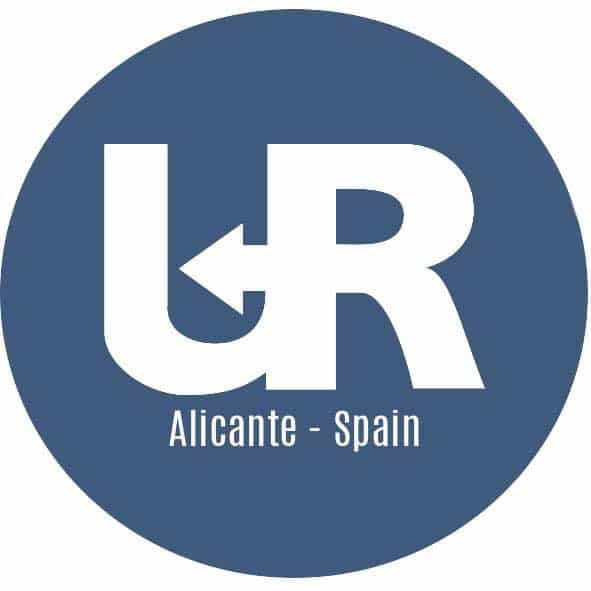

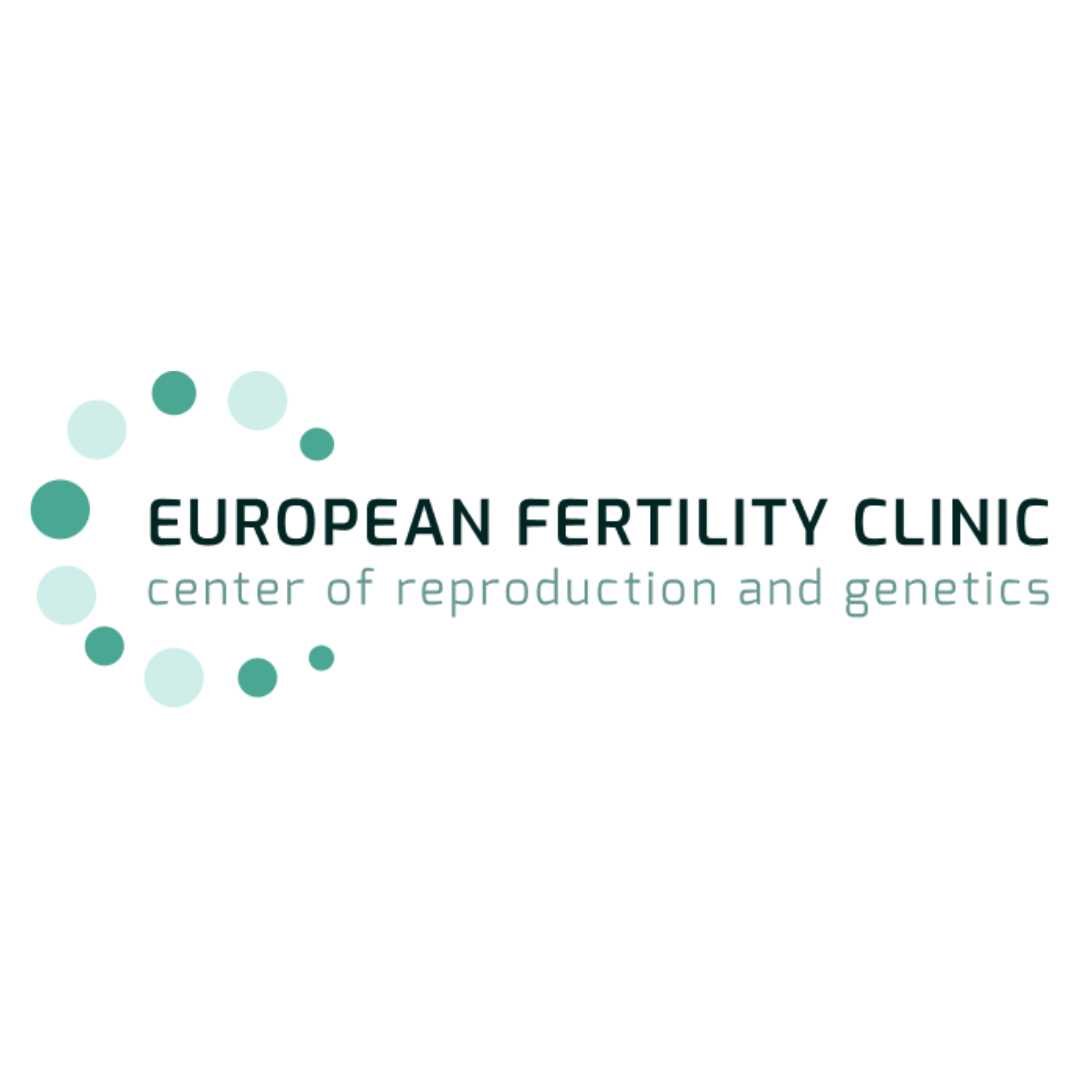


Share this listing